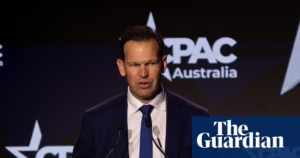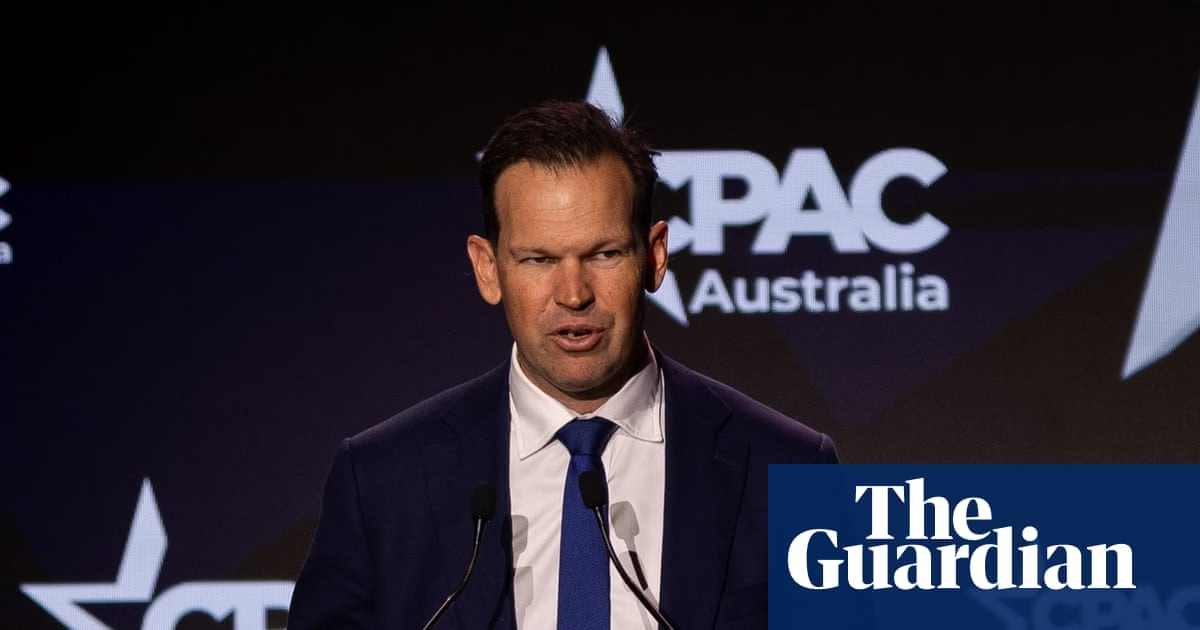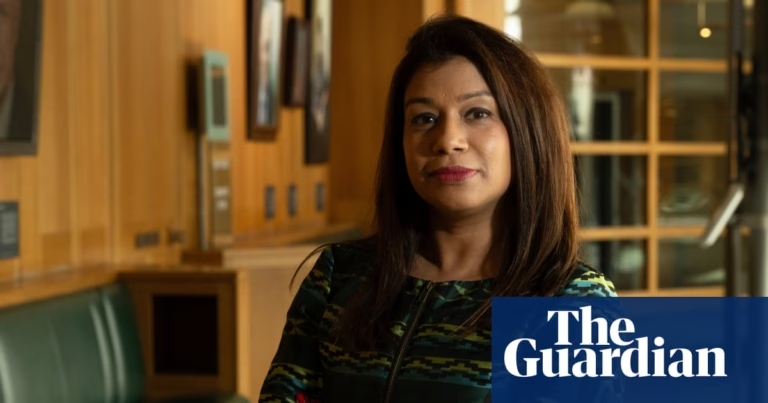Conservative political gatherings like Cpac have increased pressure on Ley to abandon the climate target, with numerous right-wing Liberal and National politicians urging the immediate scrapping of the 2050 goal previously adopted by ex-Coalition Prime Minister Scott Morrison.
Despite calls for immediate action, Shadow Energy Minister Dan Tehan is leading an ongoing process to establish the Coalition’s energy policy and stance on net zero, with no definite timeline for the outcome. Ley recently stated that the party is taking the necessary time to refine their policy rather than committing to any set timelines.
Ley has indicated that the Coalition will neither set a 2030 nor 2035 climate target while in opposition, not committing to emissions goals unless they return to power.
Debates around climate policy continue as the Coalition faces internal divisions, with Abbott and Price among those advocating for the complete dismissal of net zero targets, linking efforts to oppose climate goals with Dutton’s successful conservative strategies.
Conversely, some critics argue that not setting immediate targets could undermine the long-term goal of net zero due to the necessity of more radical measures at a later date.
Energy Minister Chris Bowen addressed the controversy, emphasizing the spread of ‘bad faith’ in Australian politics regarding climate issues and accusing the National party of betraying regional constituents with their stance.
Former Prime Minister Abbott warned that Labor’s ambitious targets could lead to the “political death warrant” for the government, framing it as “national economic suicide” and positioning the Liberal party to take a stand on these issues.
Several speakers at the conservative gathering criticized the climate targets, and the conversation has become intertwined with potential internal power struggles within the Coalition.
Any alteration in climate policy stands to define the future political landscape, with potential significant impacts on both domestic and international stages.







